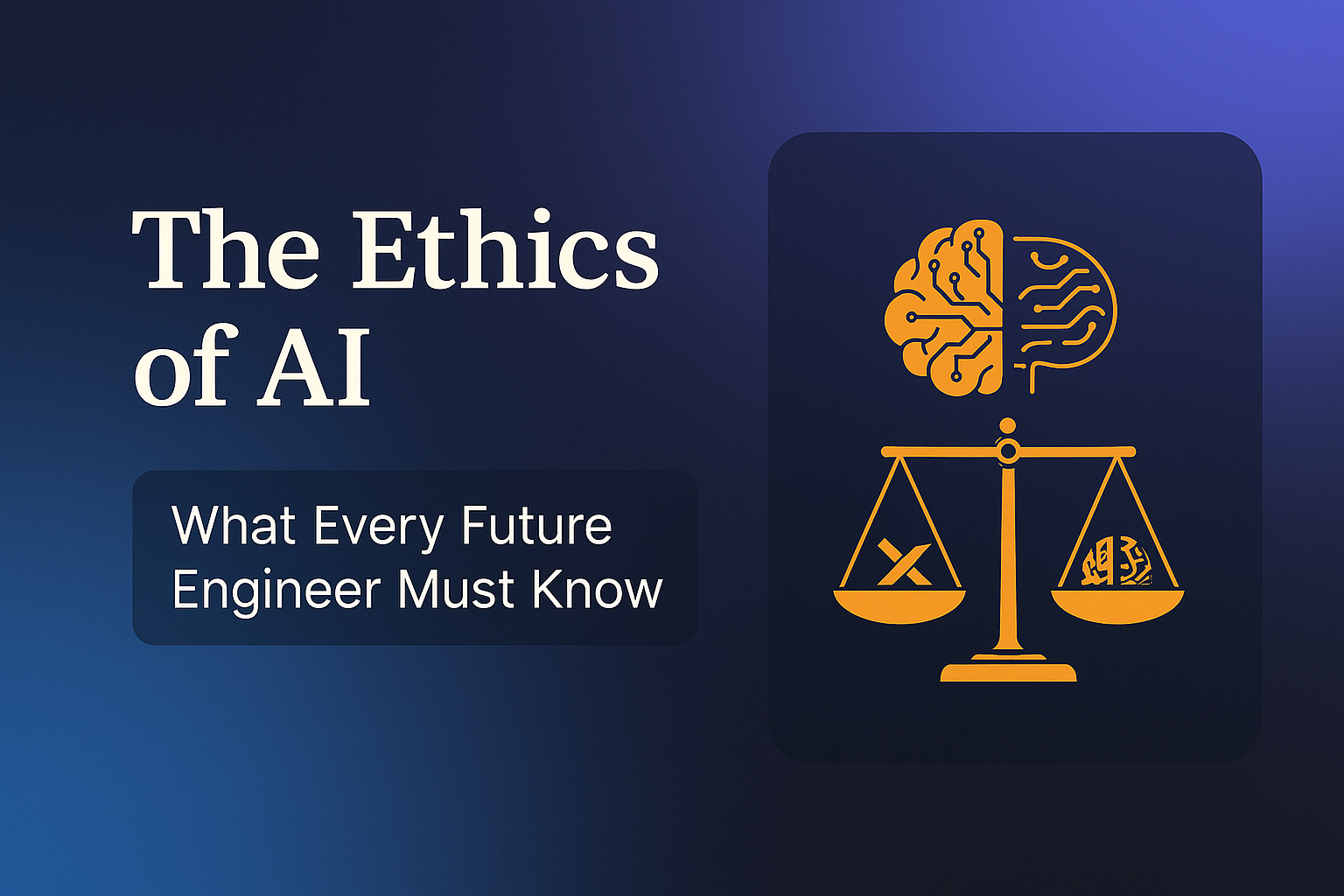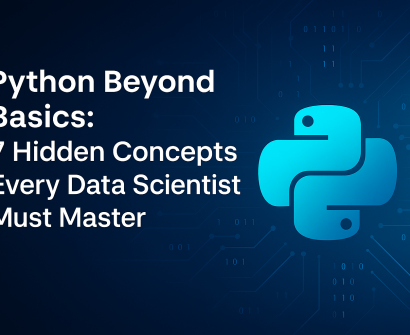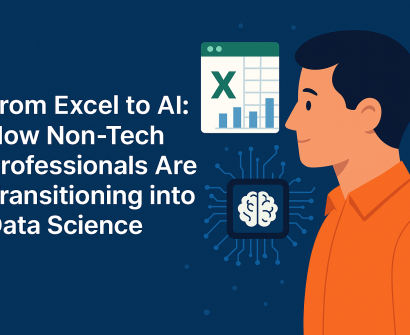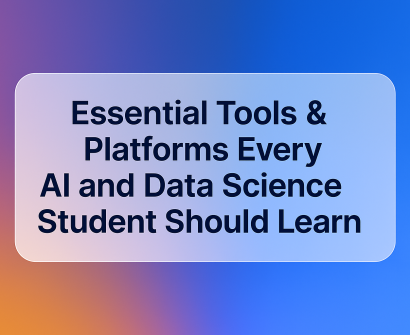
Artificial Intelligence (AI) is transforming every aspect of modern life — from healthcare and education to finance, transportation, and beyond.
As AI becomes more integrated into our daily world, one critical question emerges:
Are we building AI responsibly?
For future engineers, data scientists, and AI practitioners, understanding the ethical implications of AI isn’t optional — it’s a responsibility. In this blog, we’ll explore the core ethical challenges surrounding AI, real-world examples, and what every aspiring tech professional needs to know to create trustworthy, fair, and safe AI systems.
Why AI Ethics Matters More Than Ever
AI is powerful — it can diagnose diseases, drive autonomous vehicles, recommend content, and even make hiring decisions. But with great power comes great responsibility. Poorly designed AI can:
-
Amplify societal biases
-
Violate privacy rights
-
Make unfair or harmful decisions
-
Undermine human dignity
According to a 2024 report by PwC, over 75% of organizations deploying AI acknowledged ethical risks — yet only 35% had formal AI ethics frameworks. This gap puts both individuals and companies at risk.
For future engineers, understanding AI ethics is essential to building technologies that benefit, not harm, society.
Key Ethical Principles Every AI Engineer Must Understand
1. Transparency & Explainability
AI models — especially complex ones like deep learning — can be “black boxes.” Engineers must strive for transparency, ensuring users understand how decisions are made.
2. Fairness & Bias Mitigation
AI systems can unintentionally reflect human biases present in training data. Engineers must design, test, and monitor for fairness — especially in sensitive applications like recruitment, lending, or criminal justice.
3. Accountability & Responsibility
When AI makes decisions, who is responsible? Engineers must ensure accountability structures exist, so harm can be addressed, and systems can be corrected.
4. Privacy & Data Protection
AI thrives on data — but not at the expense of individual privacy. Future AI systems must respect data rights, apply robust security, and comply with global privacy standards.
5. Safety & Reliability
From autonomous vehicles to healthcare diagnostics, AI must be rigorously tested to avoid unintended harm. Safety, robustness, and reliability are non-negotiable in critical systems.
Real-World Examples: When AI Ethics Went Wrong
Facial Recognition Bias
Multiple studies revealed facial recognition systems performing poorly for women and people of color, leading to wrongful arrests and discrimination concerns. Engineers must build diverse datasets and rigorously audit models.
AI in Hiring Tools
Some AI-powered hiring platforms were found to favor male candidates or penalize certain demographics, reflecting historical biases. Transparent algorithms and fairness audits are essential.
Deepfakes & Misinformation
Advances in AI-generated content, like deepfakes, raise concerns about misinformation and privacy violations. Ethical frameworks must guide responsible AI content creation.
The Role of Future Engineers in Ethical AI
As AI continues to evolve, engineers have a crucial role beyond just coding:
-
Asking critical questions about AI’s impact
-
Designing with fairness, privacy, and accountability in mind
-
Participating in multi-disciplinary teams, including ethicists and legal experts
-
Staying informed on evolving AI governance and regulations
Codedge Academy, for example, integrates AI ethics into its curriculum — ensuring future data scientists and AI engineers not only master technical skills but understand the societal responsibilities tied to AI development.
Global AI Ethics Guidelines: What You Should Know
Governments and organizations worldwide are drafting ethical AI principles. As a future engineer, stay familiar with:
-
EU AI Act — Regulates high-risk AI applications
-
OECD AI Principles — Global guidelines for trustworthy AI
-
IEEE Ethically Aligned Design — Ethical standards for autonomous systems
-
UNESCO Recommendations on AI Ethics — Global human rights-focused approach
Understanding these frameworks isn’t just about compliance — it’s about building AI for good.
Preparing for an Ethical AI Career: Practical Steps
To build a responsible AI future:
-
Stay updated on AI ethics news and global regulations
-
Engage with diverse communities to understand societal impacts
-
Incorporate fairness and bias checks into development pipelines
-
Advocate for transparent, explainable models in your projects
-
Join ethics workshops and certifications alongside technical training
Ethical AI isn’t a one-time checkbox — it’s a mindset that future engineers must carry throughout their careers.
Conclusion: Building AI That Benefits Everyone
AI holds immense potential to improve lives, drive innovation, and solve global challenges. But without ethical oversight, it risks deepening inequalities, violating rights, or causing harm.
As a future engineer, your role isn’t just technical — it’s ethical, societal, and deeply impactful.
By understanding AI ethics principles and embedding them into every project, you can help shape a future where technology works for everyone — fairly, safely, and transparently.
Ready to be part of the next generation of ethical AI professionals?
Explore Codedge Academy’s AI & Data Science programs — where technical excellence meets responsible innovation.







